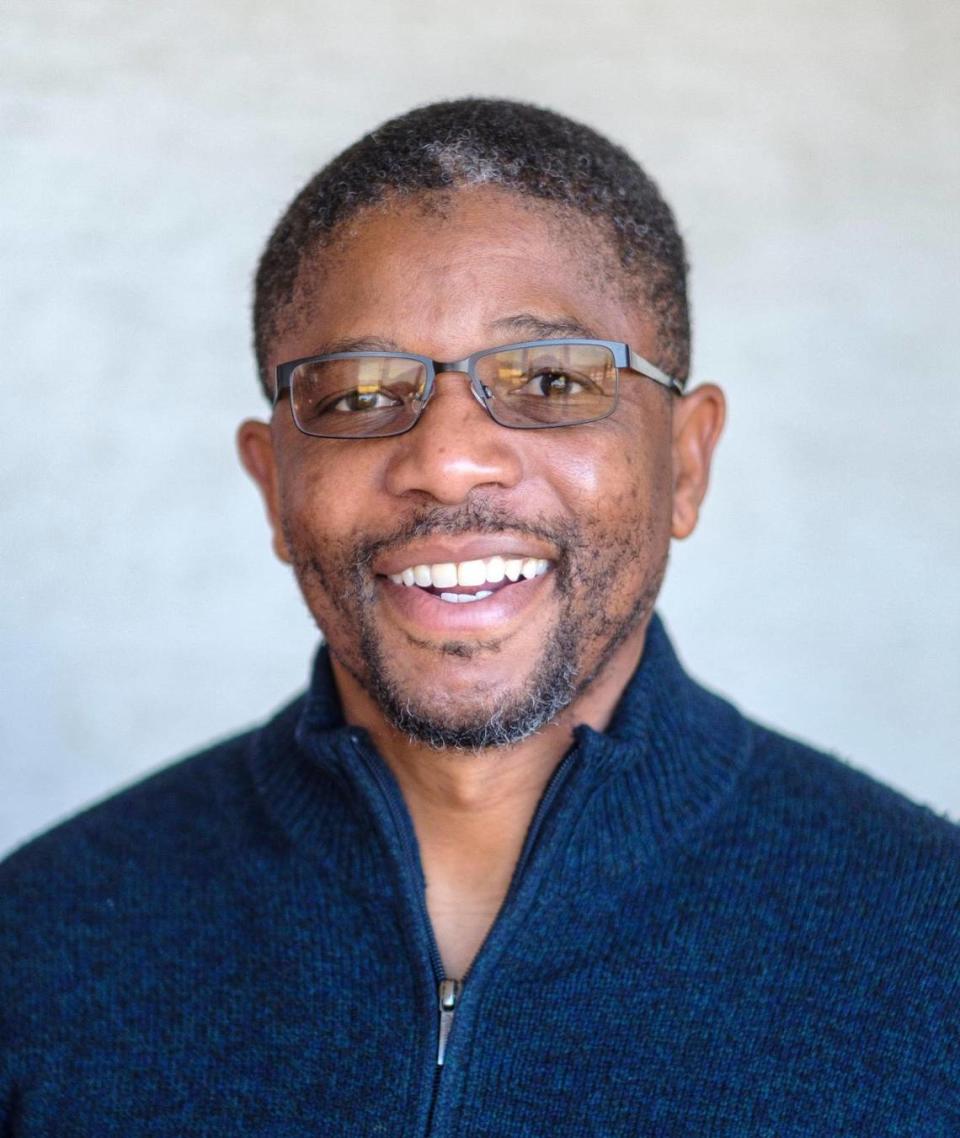NC State QB McCall’s decision to walk away is a healthier kind of masculinity | Opinion
I didn’t want Grayson McCall in North Carolina State University red. He belonged at Coastal Carolina University in teal, where he became one of the nation’s most sought-after quarterbacks. He won’t be wearing either uniform now. His career is ending. His decision to step away is important for reasons beyond football.
He is illustrating a healthy form of masculinity, one that doesn’t prioritize superficial machismo. Though his wasn’t a political move, I hope the American public follows his lead.

McCall is walking away from the most popular sport in the U.S. during his prime. His chance to play in the National Football League like CCU players before him, including current Baltimore Ravens tight end Isaiah Likely, is gone. I suspect the Panthers would have better chances with McCall under center.
He’s choosing his health over a sport he still loves, a sport that has long loved him back. That’s after he sustained a concussion in a game a few weeks ago against Wake Forest to cap a career during which he had far too many hard hits to the head.
I won’t call the decision courageous. I like the game, even played it eons ago. But I’ve never been comfortable using that word to describe a game whose objective is to score points by throwing, catching and carrying a pigskin as your opponent tries to prevent those points by thrusting his body into yours, creating collisions that generate a force similar to small car crashes. Still, the game is beautiful and even addictive. That’s why I know McCall’s decision was difficult. For that, he should be commended.
His example should not go unnoticed.
Football can have long-term negative effects on players’ brains. The degenerative disease called chronic traumatic encephalopathy, known as CTE, is one such potential effect. It can cause severe behavioral problems, worsen over time, and lead to dementia. A few high-profile cases include Hall of Fame linebacker Junior Seau, two-time Super Bowl winner Dave Deurson, who died by shooting himself in the chest and requested in a note that his brain be examined, and former New England Patriot tight end Aaron Hernandez, who died by suicide in prison after being convicted of murder. (Hernandez’s life is featured in a series streaming on Netflix.) Those cases weren’t enough to keep Miami Dolphins quarterback Tua Tagovailoa off the field. After missing several weeks, he was back throwing passes Sunday despite repeated concussions in primetime games that were some of the most disturbing in modern football history.
Tagovailoa loves the game so much, he’s willing to risk more concussions and long-term brain damage. It’s the kind of decision that has long been celebrated in football, playing through pain, not letting the possibility of real harm stop you. It’s long been considered a manly move. And maybe it is.
That’s why what McCall has done is so important. It, too, is a manly move, one that is often tougher to make than staying on the field when you shouldn’t. During a political season with masculinity seemingly on the ballot, McCall’s decision is timely, even if he did it for personal rather than political reasons.
Men aren’t supposed to “quit.” Men are supposed to look danger in the face and laugh at it. Men are supposed to be aggressive, the stereotype goes. Men are supposed to be men.
It’s what we’ve been teaching our boys, even if unintentionally, to be “tough” at all costs. It’s an unhealthy message men like Donald Trump are selling on the campaign trail.
But there’s nothing tough about men who lie as they breathe, think of themselves first and only and routinely bully and demean.
We shouldn’t want our sons to emulate men like that. If we send Trump back to the White House, we’ll be sending yet another message we actually do.
That’s why it’s important to make our sons aware of healthy kinds of masculinity, especially during a time like this.
McCall has provided us with a healthy example by taking the road less traveled, letting little boys know they can take that path, too.
Issac Bailey is a McClatchy Opinion writer in North and South Carolina.


